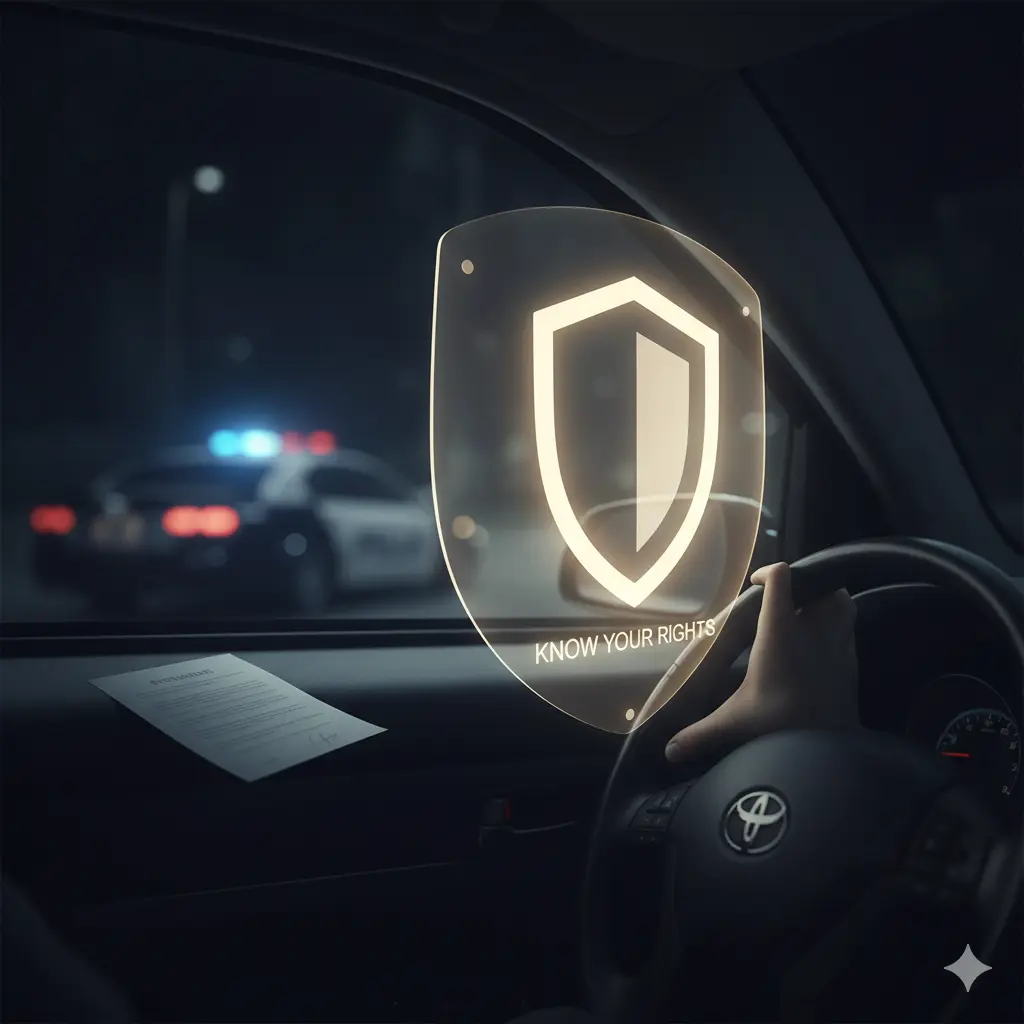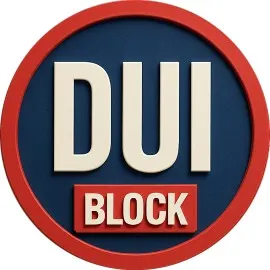Know Your Rights During DUI Stops

Getting pulled over for a suspected DUI can be stressful, confusing, and intimidating — even if you haven’t done anything wrong. Understanding your rights during a DUI stop can help you stay calm, avoid unnecessary mistakes, and protect yourself legally. This guide explains what you should know, what you must do, and what you can refuse during a DUI traffic stop.
1. Why DUI Stops Happen
Law enforcement officers are trained to watch for signs of impaired driving such as:
-
Weaving between lanes
-
Sudden braking or speeding
-
Failing to signal
-
Driving too slowly
-
Ignoring traffic signals
If an officer believes you may be under the influence, they can legally stop your vehicle to investigate.
2. You Have the Right to Remain Silent
You are not required to answer questions that might incriminate you. While you must provide basic identification information (driver’s license, registration, and proof of insurance), you are not required to admit whether you’ve been drinking or where you’ve been.
You can politely say:
“Officer, I choose to remain silent and would like to speak with an attorney.”
Remaining calm and respectful helps you assert your rights without escalating the situation.
3. Field Sobriety Tests Are Optional in Most States
When stopped for DUI, officers may ask you to perform field sobriety tests such as walking in a straight line or following a pen with your eyes. These tests are voluntary in most states. You can respectfully decline by saying:
“I prefer not to perform field sobriety tests.”
However, refusing may increase the officer’s suspicion and could still lead to an arrest, depending on local laws.
4. Understanding the Implied Consent Law
When you obtain a driver’s license, you automatically agree to the Implied Consent Law, which requires you to take a chemical test (breath, blood, or urine) if you are lawfully arrested for DUI.
Refusing a chemical test after arrest can result in:
-
Immediate driver’s license suspension
-
Fines and penalties
-
Use of your refusal as evidence in court
Before arrest, however, you generally have the right to refuse a preliminary breath test (PBT) — the small roadside device officers sometimes use.
5. You Have the Right to Record the Encounter
In most states, it is legal to record your interaction with police as long as you do not interfere with their duties. A recording can help protect both you and the officer if there are later disputes about what happened.
6. Stay Polite and Non-Confrontational
Even if you believe the stop is unfair, avoid arguing or acting aggressively. Keep your hands visible, avoid sudden movements, and speak calmly. Anything you say or do could be used against you later. The safest response is to comply with lawful instructions and reserve your legal arguments for court.
7. You Have the Right to Contact an Attorney
If you are arrested, ask for a lawyer immediately and stop answering questions until one is present. A DUI attorney can:
-
Review whether the stop was lawful
-
Examine whether the officer followed proper procedures
-
Challenge the accuracy of breath or blood test results
Invoking your right to counsel early can make a major difference in your case.
8. What Happens After a DUI Arrest
If you’re arrested for DUI:
-
You’ll likely be taken to a police station for booking and chemical testing.
-
Your driver’s license may be confiscated temporarily.
-
You may be given a court date or citation.
Consult an experienced DUI defense lawyer as soon as possible to protect your rights and discuss options for license reinstatement, plea negotiations, or trial.
9. Common Mistakes to Avoid
-
Admitting guilt or trying to talk your way out of it.
-
Refusing to identify yourself when legally required.
-
Resisting arrest (even verbally) — it adds extra charges.
-
Posting details on social media about your stop or arrest.
10. Key Takeaways
-
You have the right to remain silent.
-
You may decline field sobriety tests (in most states).
-
You must comply with post-arrest chemical testing under implied consent laws.
-
You can legally record the stop.
-
You have the right to an attorney before answering further questions.
Knowing your rights during a DUI stop doesn’t mean resisting the police — it means protecting yourself within the law. If you’re ever unsure of what to do, politely assert your rights, remain calm, and contact a qualified DUI attorney as soon as possible.
